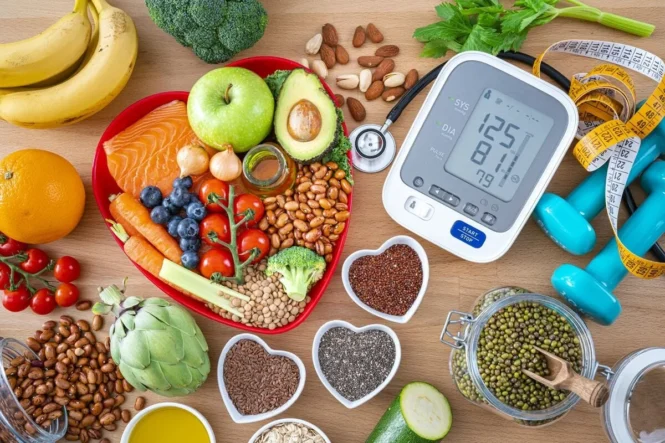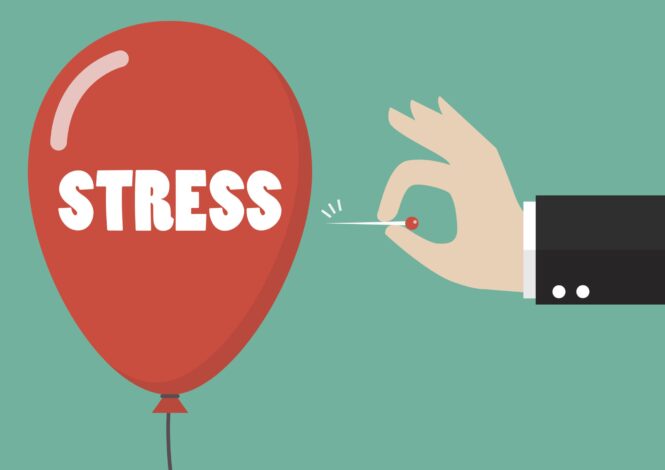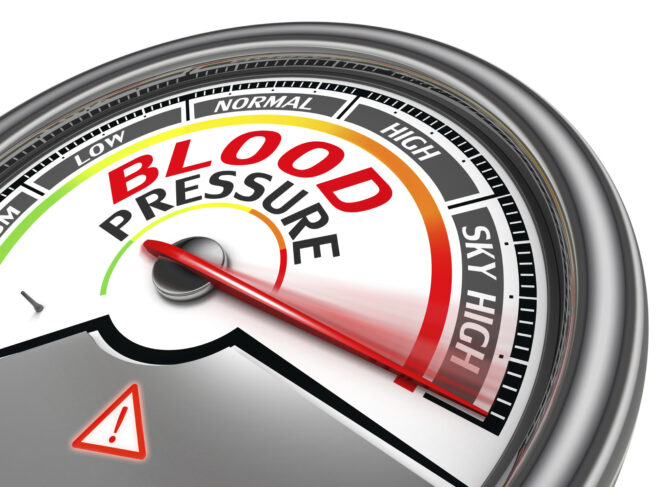Your heart doesn’t wait until retirement to show wear. It keeps pace with your lifestyle, habits, and stress levels. If you’re in your 40s or 50s, juggling work, caregiving, and your own shifting health, now is the time to protect it.
You don’t need extreme diets or marathon workouts. What your heart needs is consistency, nourishment, and less stress. The changes are simple, but the impact is profound.
Key Highlights
- Long-term habits shape heart disease risk more than genetics
- Moderate daily movement is enough to reduce blood pressure and inflammation
- Reducing sugar, salt, and alcohol can prevent arterial damage
- Emotional stress directly raises risk through hormonal pathways
- Quality sleep is a powerful—and often overlooked—tool for heart protection
Food Choices That Heal

Your meals are either fueling your heart or burdening it. The difference isn’t just in calories—it’s in nutrients, inflammation, and how your body processes what you eat.
You don’t need perfection. But you do need more plants and fewer processed ingredients. Whole foods provide antioxidants, fiber, and essential fats that support every layer of your cardiovascular system.
Oats help stabilize cholesterol. Leafy greens reduce blood pressure. Garlic, turmeric, and berries reduce inflammation. Focus on foods that your great-grandmother would recognize, and cook with real ingredients. When you’re short on time, batch cooking helps.
If your meals fall short in magnesium, omega-3s, or antioxidants, a heart health supplement can give you a reliable daily safety net.
Make Movement a Daily Ritual
Your heart isn’t looking for peak athletic performance. It’s looking for regular activity that keeps blood vessels flexible and helps your body process glucose and fat efficiently.
What movement looks like:
- A brisk 30-minute walk
- Light resistance work with bands or body weight
- Dancing in the kitchen to your favorite playlist
- Morning stretches to wake up circulation
It’s not about pushing harder—it’s about showing up often. Movement also helps manage cortisol, reduces belly fat, and improves sleep. That’s a triple win for heart health.
Manage Stress Before It Manages You

You may not always feel stressed, but your body keeps the score. Chronic tension, frustration, or anxiety sends a steady stream of cortisol through your bloodstream, narrowing arteries and raising blood pressure.
Women especially tend to carry emotional labor without pause. That unspoken load weighs heavily on the heart. If you’re waking up exhausted, snapping at loved ones, or feeling emotionally flat, stress might be the driver.
The antidote isn’t more productivity. It’s margin. Create micro-moments of calm each day. Even a deep breath before replying to a text counts. Nature, silence, and laughter all help return your nervous system to baseline.
You don’t need a retreat. You need daily tools that calm your system and remind your body it’s safe.
Know What to Cut—Without Deprivation
Sugar, salt, and alcohol might comfort you short-term, but they all push your heart into crisis mode over time. These three ingredients are directly tied to higher rates of hypertension, inflammation, and cholesterol imbalance.
You don’t need to eliminate them overnight. But awareness is the first step.
Key cutbacks to aim for:
- Limit sugar to 24g or less daily
- Keep sodium under 1,500mg per day
- Stick to one alcoholic drink per day, or skip it when possible
Read labels on sauces, soups, and cereals. You’ll often be surprised. Start small. Use herbs, citrus, or vinegar for flavor. Sip sparkling water instead of wine midweek. Your taste preferences will shift, and your heart will thank you.
Watch Your Numbers Early, Not Late

You can’t feel high blood pressure. You won’t notice rising triglycerides. But catching these patterns early gives you a powerful advantage. Annual lab work and home monitoring help you stay ahead of any silent warning signs.
Ask your provider to check:
- Blood pressure (goal: under 120/80)
- LDL, HDL, and triglycerides
- Fasting glucose and insulin
- C-reactive protein (to detect inflammation)
Don’t let fear or busyness delay testing. You wouldn’t drive with the check engine light on—don’t ignore your heart’s numbers either. Early action prevents long-term damage.
Your Sleep Quality Predicts Your Heart Risk
You can’t heal if you’re sleep-deprived. Sleep is when your blood pressure lowers, your heart rate steadies, and your inflammation reduces. Missing deep sleep even for a few nights raises your risk more than you think.
If you’re waking up groggy, falling asleep late, or relying on caffeine through the day, your heart is likely working harder behind the scenes.
Create a nighttime routine that signals your body to slow down. Power down screens. Drink something warm but caffeine-free. Read. Journal. Keep your room cool and dark.
Getting 7–9 hours doesn’t just improve your mood. It can extend your life.
Emotional Connections Are a Silent Shield
Heart disease is more common in people who feel isolated, unappreciated, or emotionally neglected. Love, support, and connection don’t just feel good—they literally protect your cardiovascular system.
We’re not meant to go through life alone. And we’re not built to carry pain in silence.
Reach out to someone you trust. Rebuild a connection that drifted. Prioritize people who recharge you instead of draining you. This emotional maintenance is real health work.
When you feel safe and seen, your heart rests.
You’re At Risk—Now What?
If you’ve been told you have high cholesterol, high blood pressure, or early signs of metabolic issues, take a breath. It doesn’t mean you’re doomed. It means your body is whispering for change before it starts shouting.
Shift your mindset from fear to strategy. You have tools now. Use them daily:
- Cook at least one meal per day at home
- Walk after lunch or dinner
- Drink more water than coffee
- Add a heart health supplement to support key nutrients
- Choose rest when possible, not productivity
Small changes made with consistency have more power than any crash diet or quick fix. Your heart responds quickly to care.
Final Words

Your heart has been working for you every moment since birth. It deserves your attention, not just your admiration. You don’t have to be perfect, but you do need to be present.
A heart attack doesn’t always come with warning signs. But daily choices—made with intention and love—can stop it before it starts. You don’t need permission to slow down. You need commitment to protect the only heart you’ve got.
Today is the right time. Your body isn’t too far gone. Your habits aren’t locked in stone. Start where you are, with what you can do.
 Imagup General Magazine 2024
Imagup General Magazine 2024



